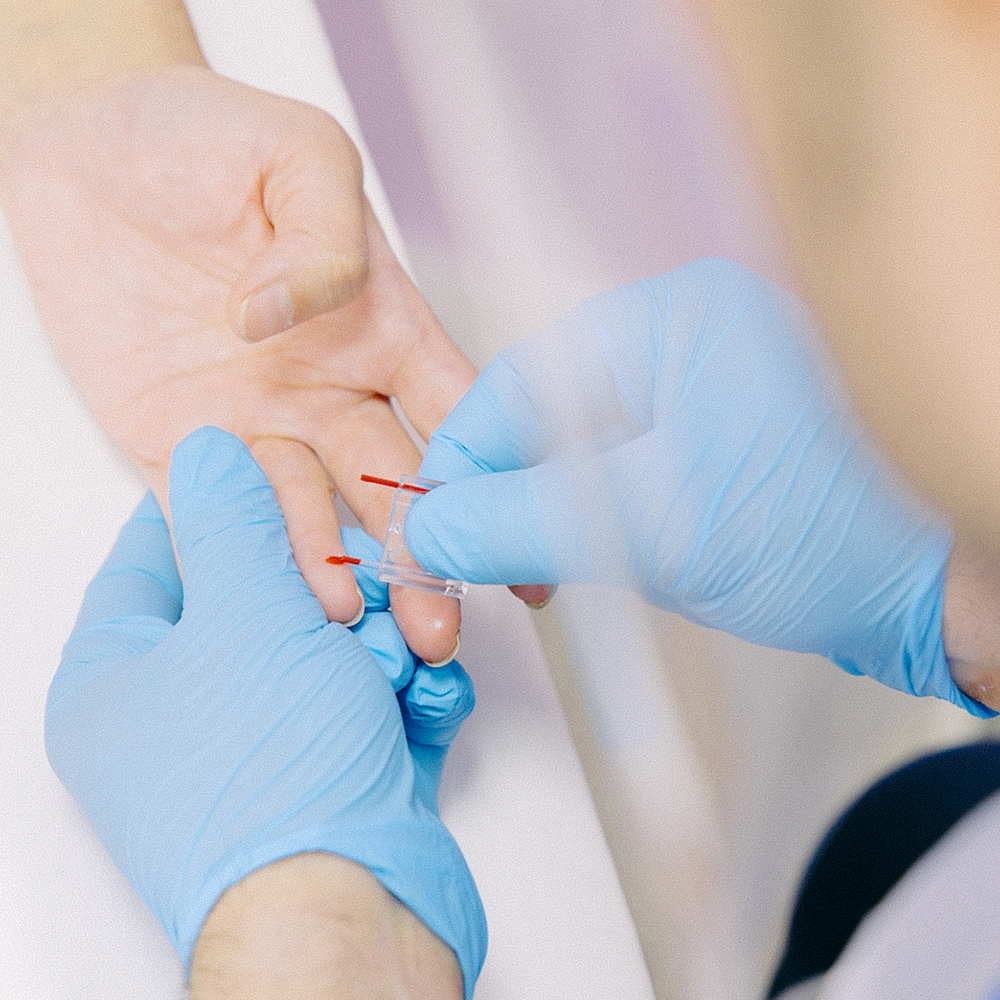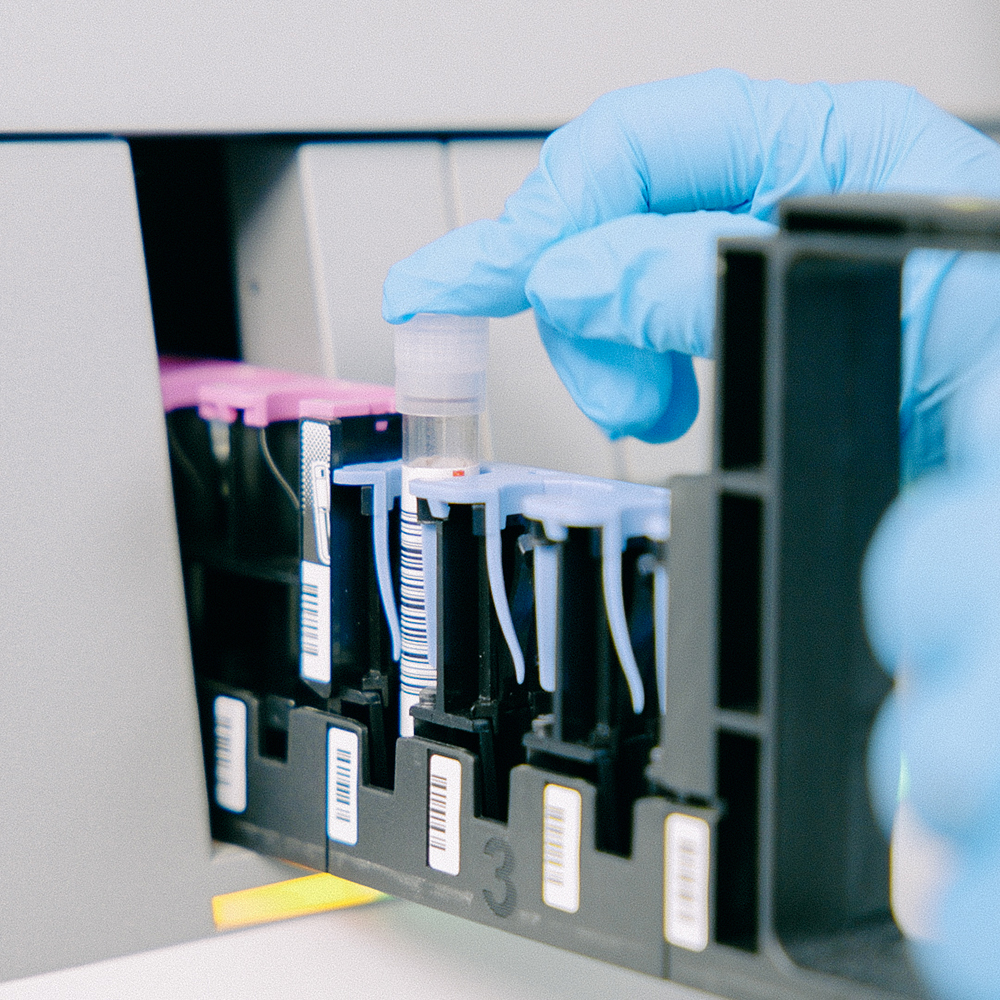Fitness test
£191.00
-
Results within 24 hours
-
Blood draw included
What are the benefits to taking this test?
Our test focuses on the general fitness and a broad overview of your health, this can be used to guide any potential fitness regimes, and even any weight loss. We screen a wide range of factors, including a full blood count, creatinine, cholesterol, anaemia, and vitamin D levels, it is useful for an overall summary of your health and not just for use prior to any fitness regimes.
Why check for Vitamin D levels?
Vitamin D is essential in maintaining your body’s health, this is because it plays a vital role in your bone health, the function of your immune system, muscle strength, and mental health. Deficiency in vitamin D can cause a variety of symptoms such as mood changes, fatigue, and muscle weakness.
Our test measures two factors, Vitamin D2 and D3, which are changed by your liver and kidneys into 25 hydroxyvitamin D (25(OH)D) and 1.25 dihydroxyvitamin D. In most cases, 25(OH)D is the main form measured during the test, although 1.25 dihydroxyvitamin D can be tested if there is an indication of abnormal calcium levels or kidney problems.
What is a Cholesterol Test?
The cholesterol portion of the test focuses on measuring the levels of cholesterol and other fats found in the blood, which are essential for the body to function, however, it is possible to have high levels of cholesterol in the blood, which increases the risk of heart disease and stroke.
Our Cholesterol test measures the following:
- Total Cholesterol – Summary of the cholesterol content in your blood.
- Low Density Lipoprotein cholesterol (LDL) – The bad cholesterol, too much can cause fatty deposits that can reduce blood flow.
- High-Density Lipoprotein cholesterol (HDL) – Helps keep the arteries open and blood flowing freely.
- Triglycerides – These are calories that are converted and stored in in fat cells.
How does a full blood count test, and the anaemia test differ?
A full blood count test can detect potential anaemia, it is also useful for determining a wider range of possible conditions, such as infection, inflammation, and other bleeding and clotting disorders.
What does Creatinine do?
Creatinine is a waste product that is produced by the muscles and is removed by the kidneys from the body on a regular basis, due to serving as an indicator of kidney function, it is important to observe the levels of creatinine in your blood.
Normal creatinine levels in the blood indicate that the kidneys are functioning as intended, but, higher creatinine levels can indicate that they are not functioning efficiently. Our blood test is designed to assess kidney function, by measuring the levels of creatinine in the blood, and to search for any potential conditions or diseases.
If elevated levels of creatinine are discovered, it is often caused by a variety of factors, this could be due to a decreased blood flow, lack of kidney function, dehydration, and medication use, however, creatinine can be temporarily increased after injury to the muscles.
How to prepare for this test
Due to this screen requiring blood for a variety of different tests, it is recommended to fast for 9-12 hours prior to getting blood taken if possible, otherwise, there is no need to prepare, a blood sample ill be drawn from a vein in the arm.






